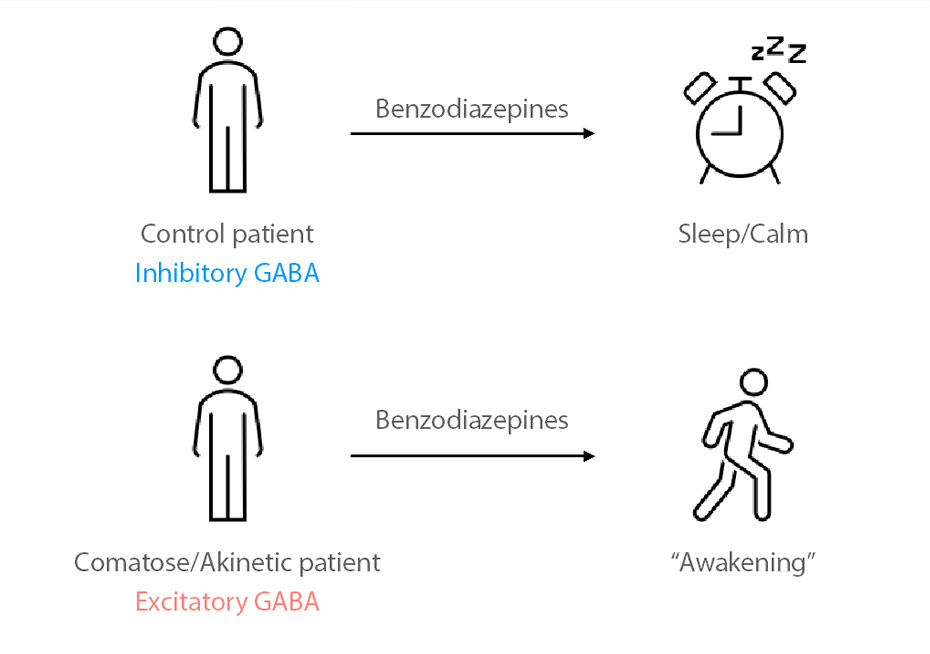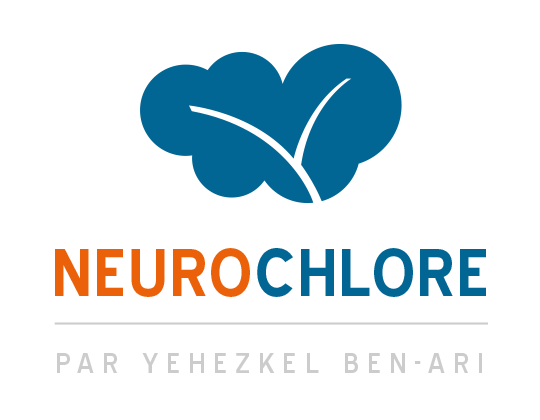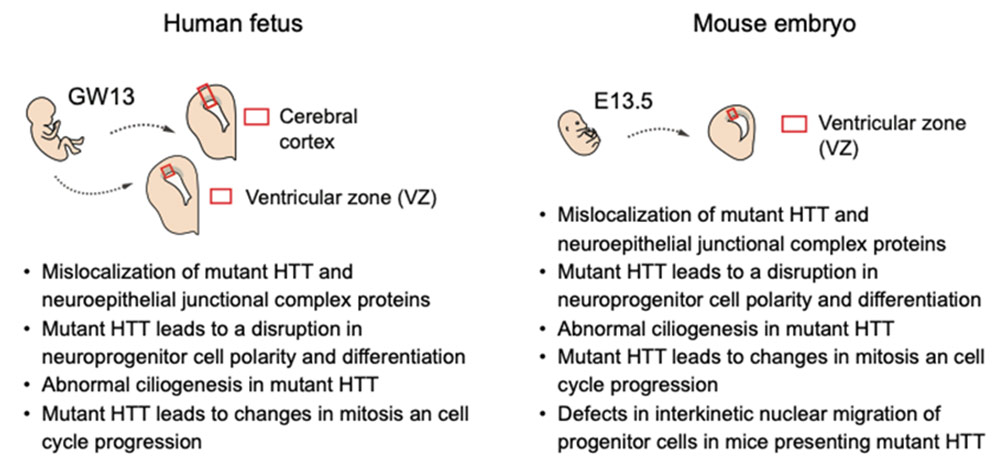
How is it possible that drugs used to sedate or calm people, called Benzodiazepines, can induce transient awakenings in comatose patients? In our latest Commentary in Translational Medicine Communications Yehezkel Ben-Ari hypothesizes that a dysregulation of GABAergic activity underlies this seemingly contradictory effect. Extensive experimental work suggests that after brain damage and a large variety … Sleeping pills that cause “awakenings”?


